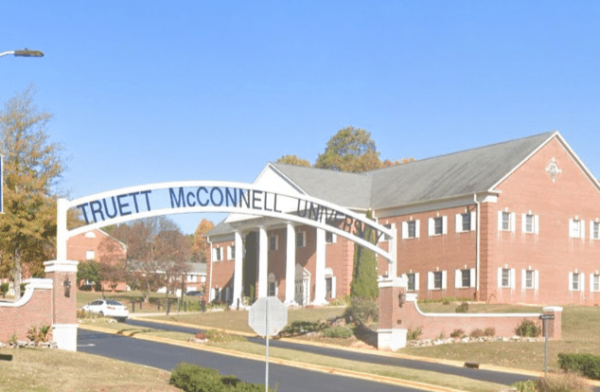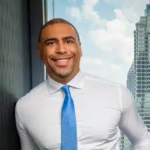
Hayle Swinson, a former student and soccer coach at Truett McConnell University located at 100 Alumni Dr, Cleveland, GA 30528, has accused Dr. Brad Reynolds, the university's former vice president of student services, of years of grooming and abuse.
Swinson alleges that what began as mentoring and Bible studies escalated to inappropriate physical contact, including touching her breasts and placing his hands in her pants. She also claims Reynolds manipulated her by saying God revealed in dreams that his wife would die and they were destined to marry. Swinson shared her story in a May 29 podcast with Julie Roys, accusing university President Emir Caner of ignoring her allegations. Reynolds left the university last year after the scandal surfaced.
According to WRDW, the president of Truett McConnell University, a Christian college in North Georgia, has stepped away from his role as the institution investigates what it describes as "concerning recent allegations of abuse and cover-up."
The case has sparked significant attention, with the university pledging transparency during the investigation. As details emerge, the community remains watchful, awaiting further developments.

As Truett McConnell University faces allegations of sexual abuse involving the Baptist college professor, Dr. Brad Reynolds, questions arise about the legal rights and options available to abuse survivors. Georgia sexual abuse attorney John Bey shares his perspective on how victims can seek accountability, navigate legal challenges, and ensure their voices are heard in cases involving trusted community figures and institutions.
Editor Darla Medina: What legal steps are available for someone who has experienced abuse in a setting like a Christian college?
Attorney John Bey: Victims have several options. They can file a criminal complaint, which allows law enforcement to investigate the allegations and potentially bring charges. This is critical for holding the perpetrator accountable under the law. Additionally, victims can pursue a civil lawsuit against both the individual responsible and the institution if it is found to have failed in its duty of care or attempted to cover up misconduct.
Medina: What challenges might victims face in these cases?
Bey: One of the biggest challenges is the emotional toll of coming forward, especially in tight-knit communities where there may be pressure to stay silent. There’s also the issue of evidence. These cases often rely heavily on testimony and documentation, so it’s important for victims to work with attorneys experienced in abuse cases to build a strong case.
Medina: How can institutions be held accountable if they’re found to have enabled or covered up abuse?
Bey: If an institution is found to have ignored reports, failed to act, or actively concealed abuse, it can face significant legal consequences. Victims can file lawsuits for negligence or for creating an environment that allowed the abuse to occur. These cases not only seek justice for the victim but can also lead to systemic changes to protect others in the future.
If someone you love has experienced sexual abuse by a trusted figure at a Christian college, know that you are not alone. Legal options are available to hold individuals and institutions accountable for their actions. Our team is here to provide guidance and support during this difficult time. Contact us today for a free, confidential consultation and let us help you take the first step toward justice.
 info@legalherald.com
info@legalherald.com